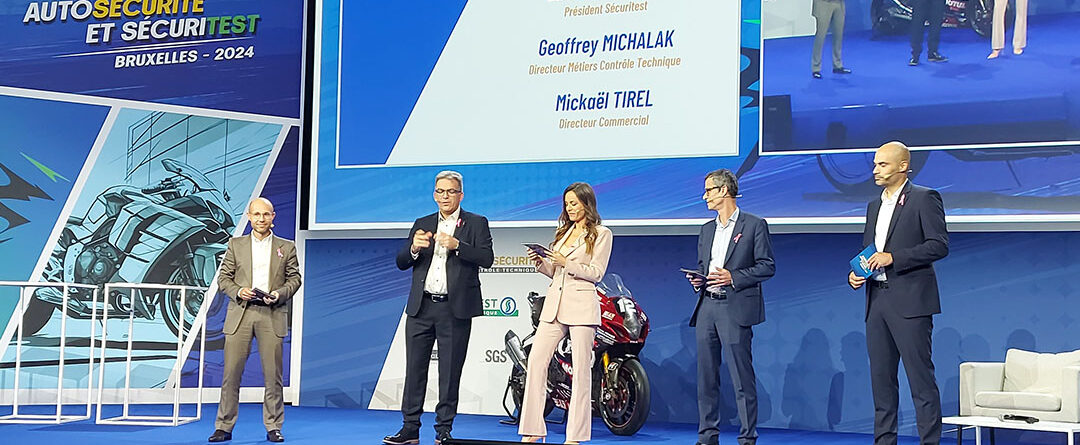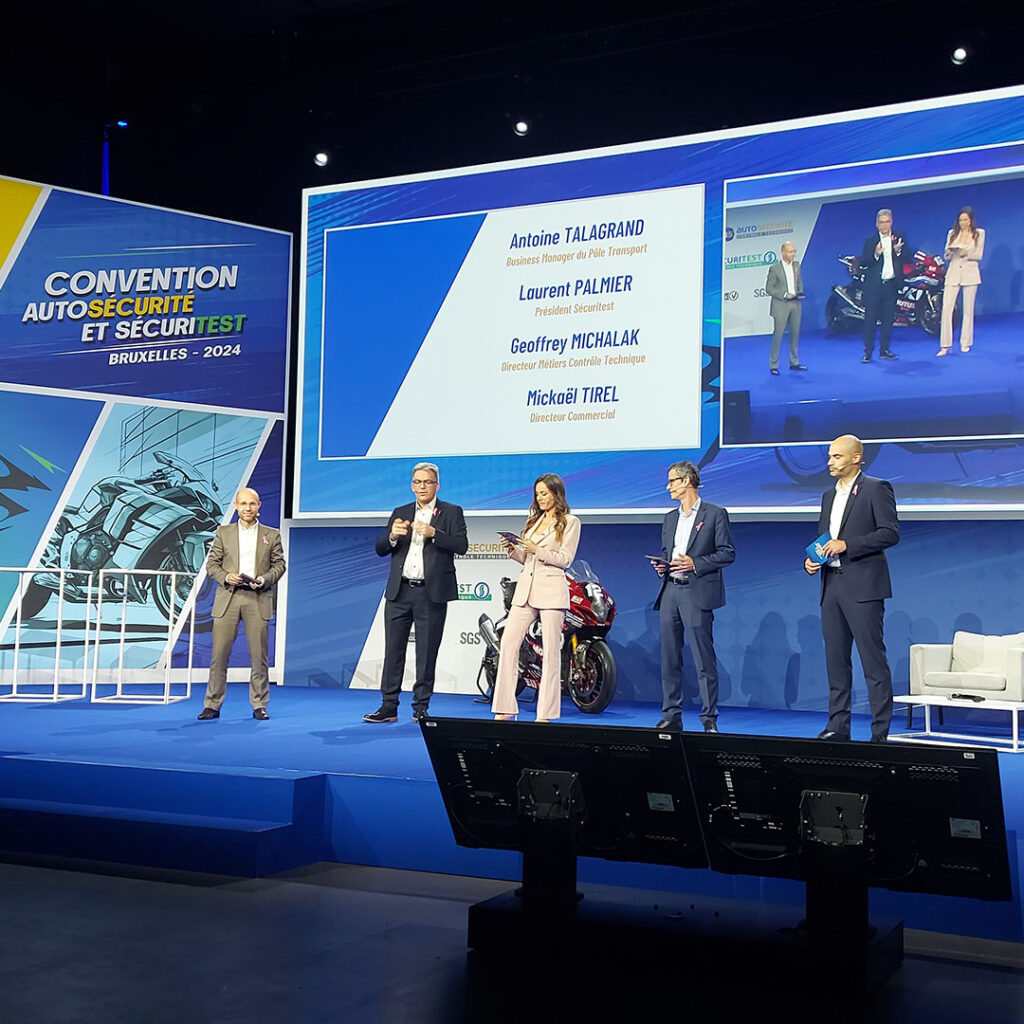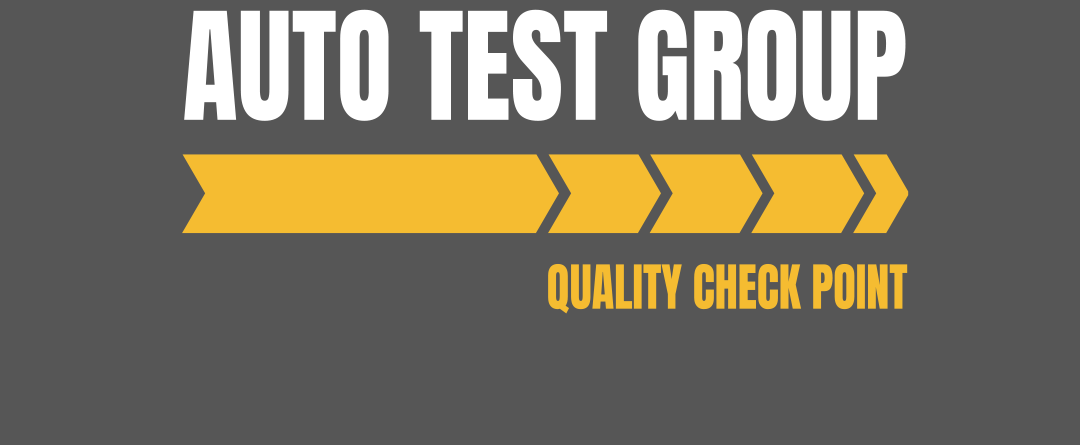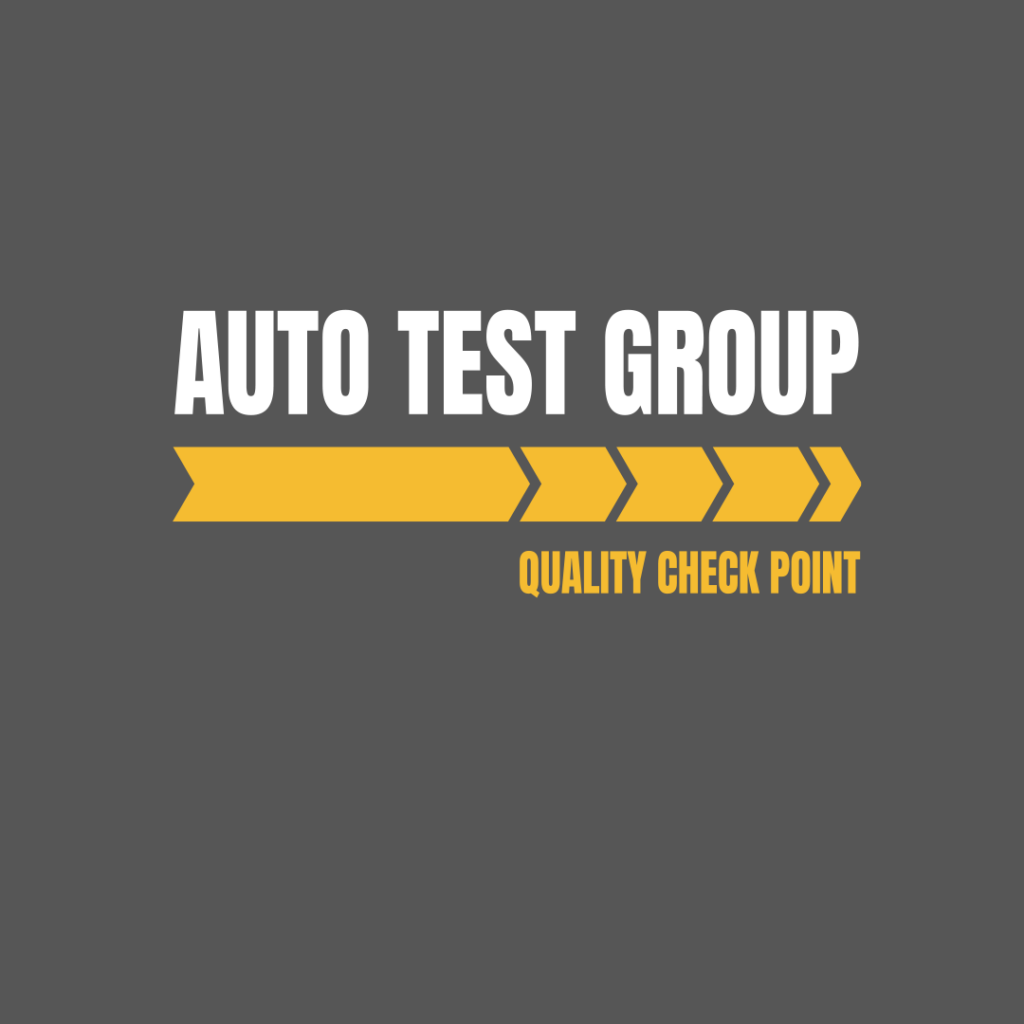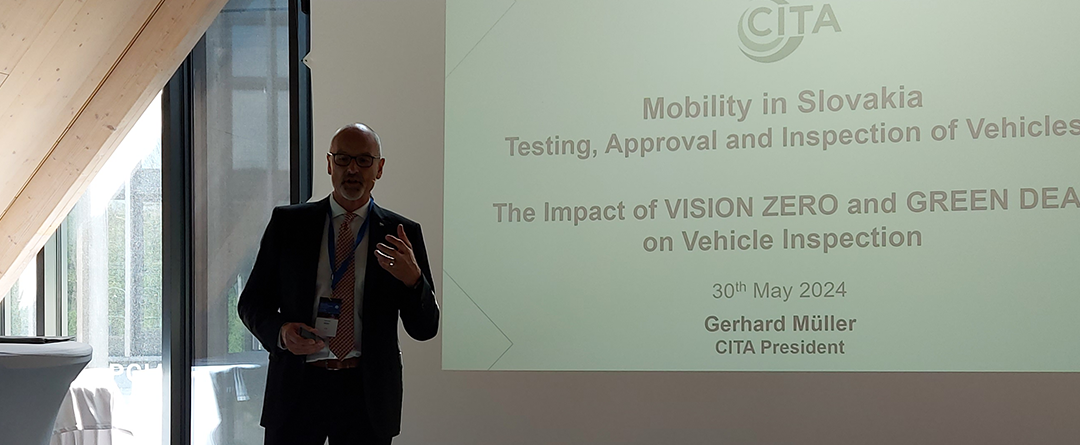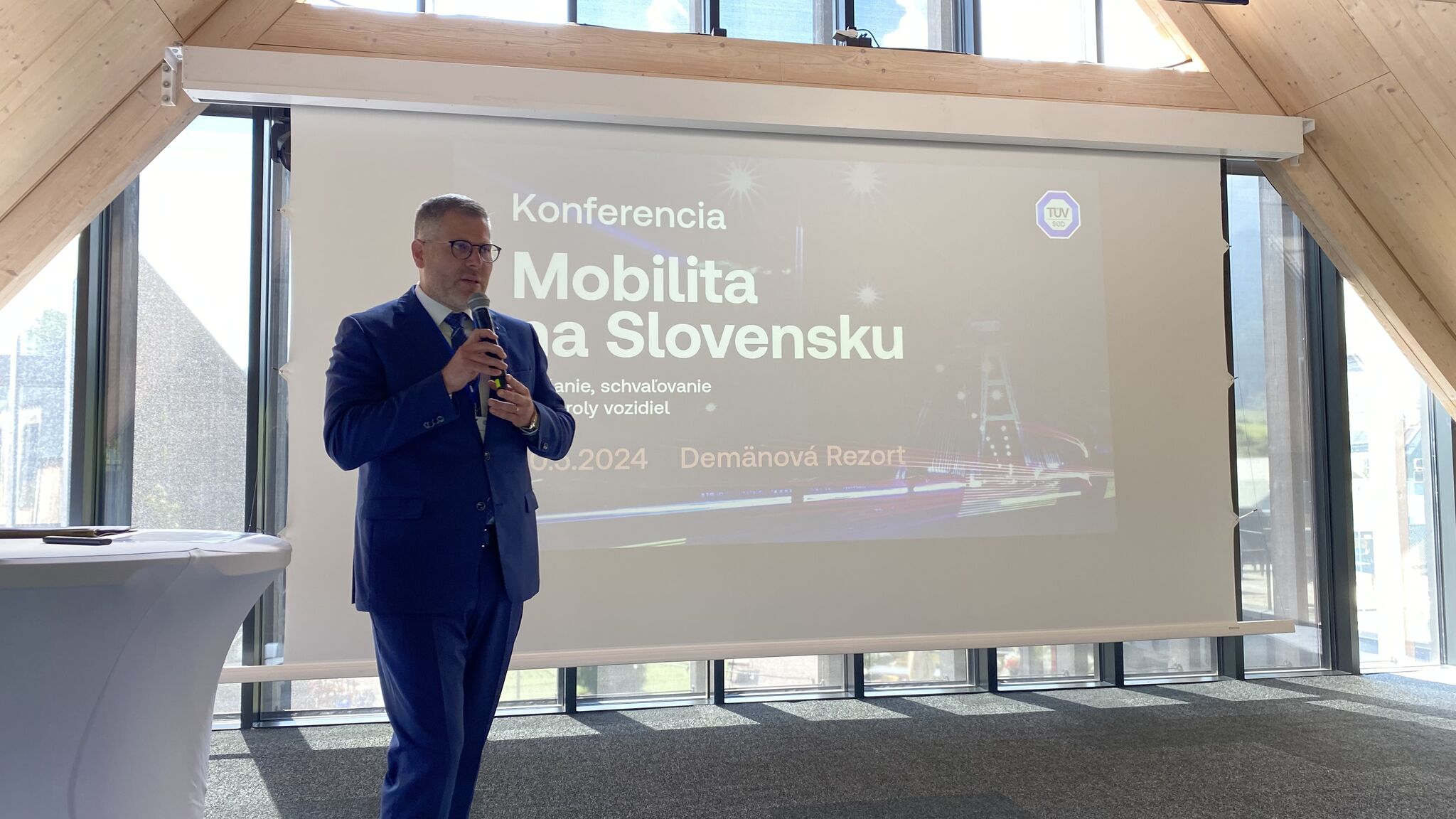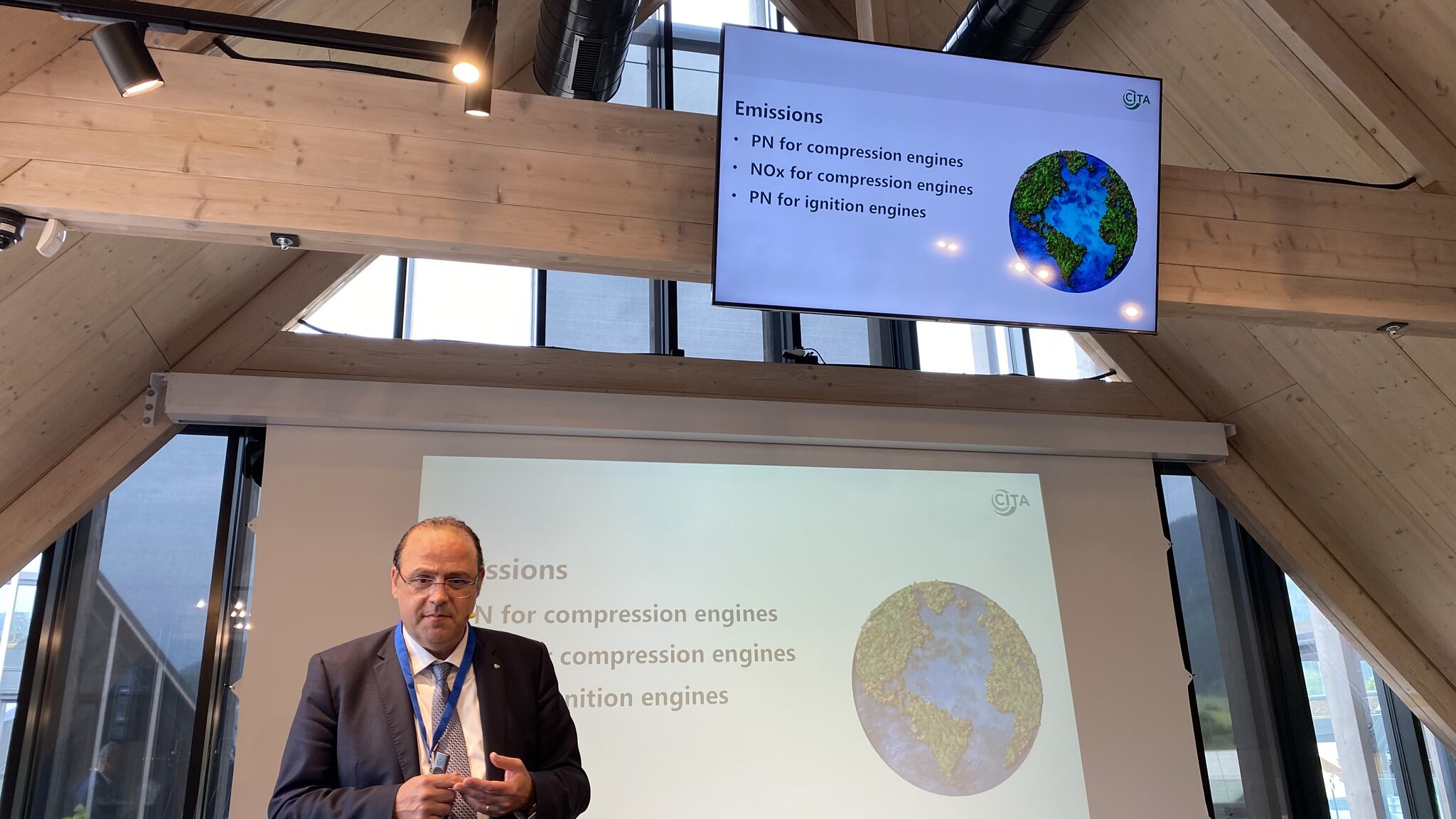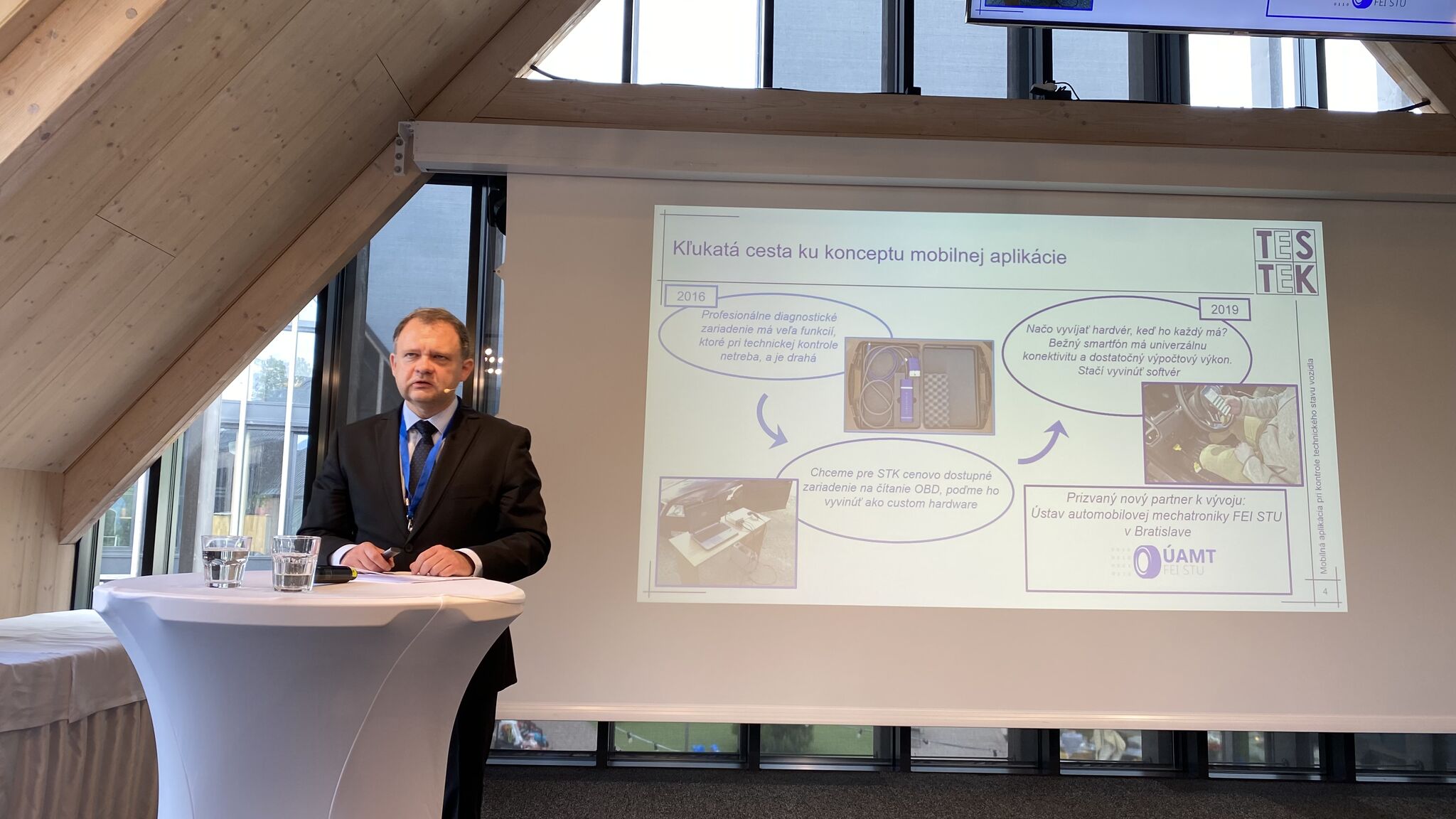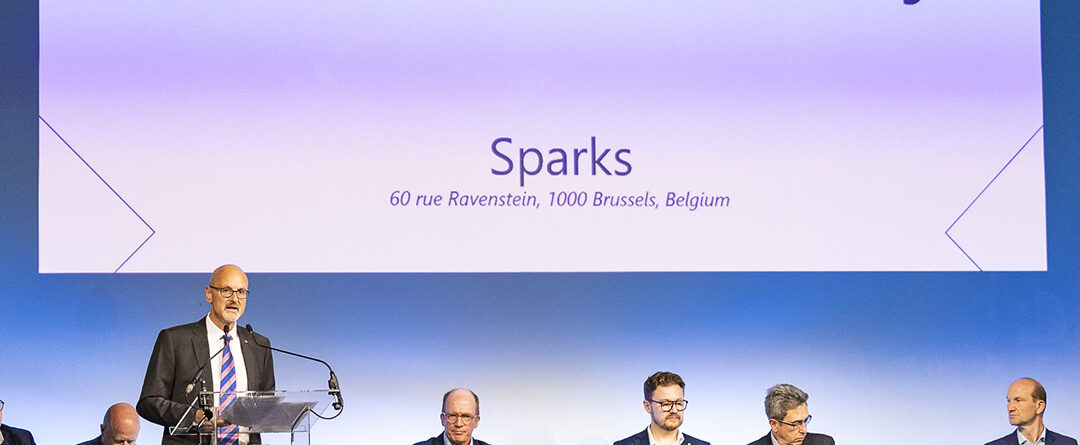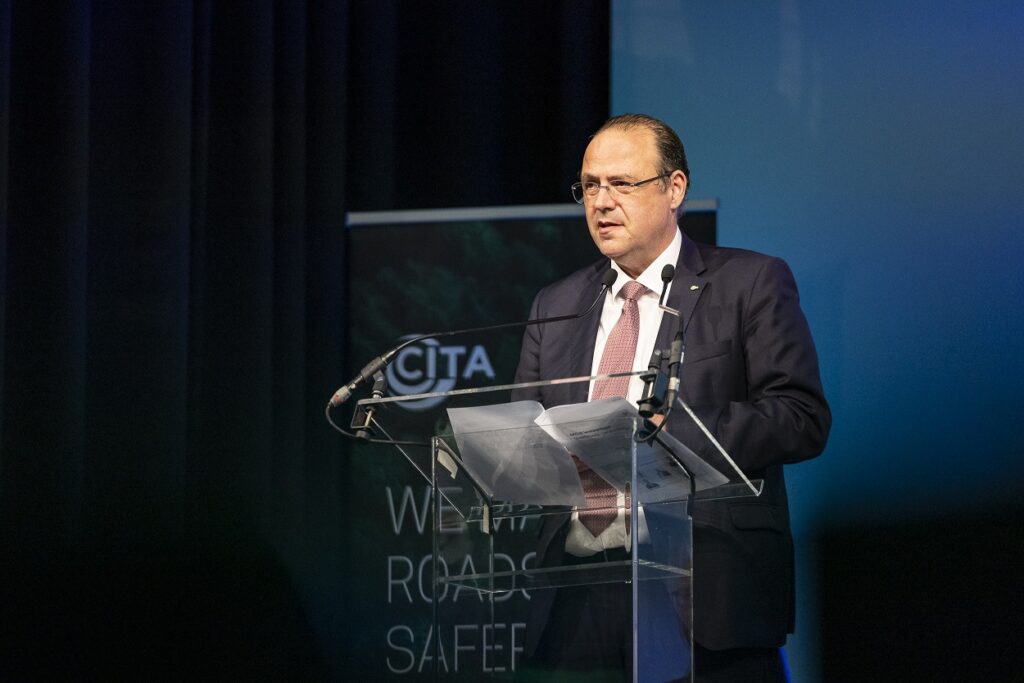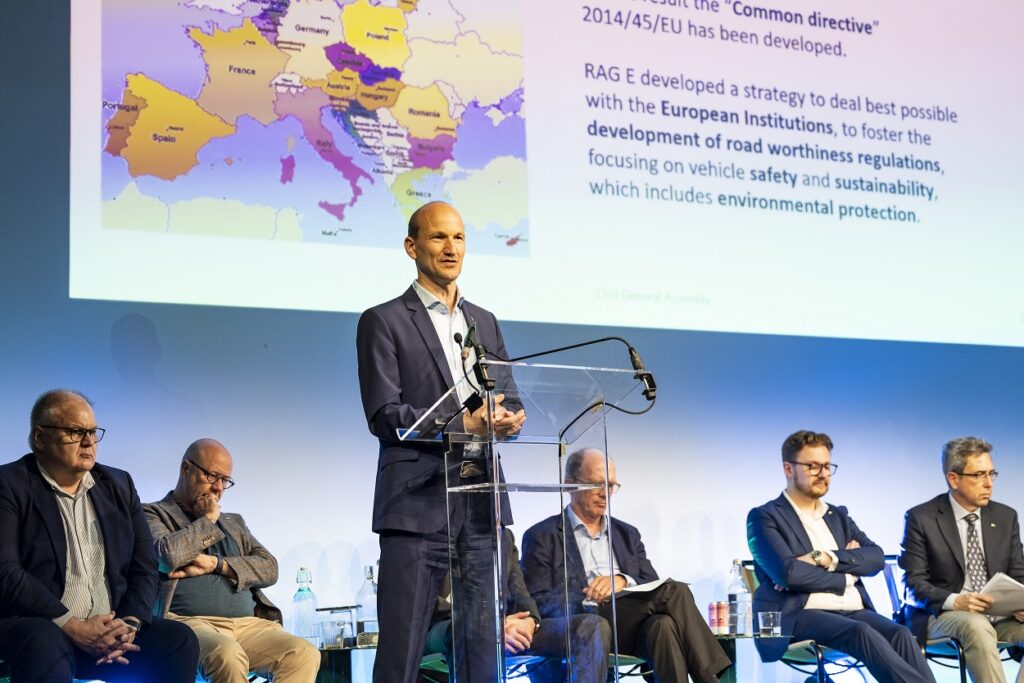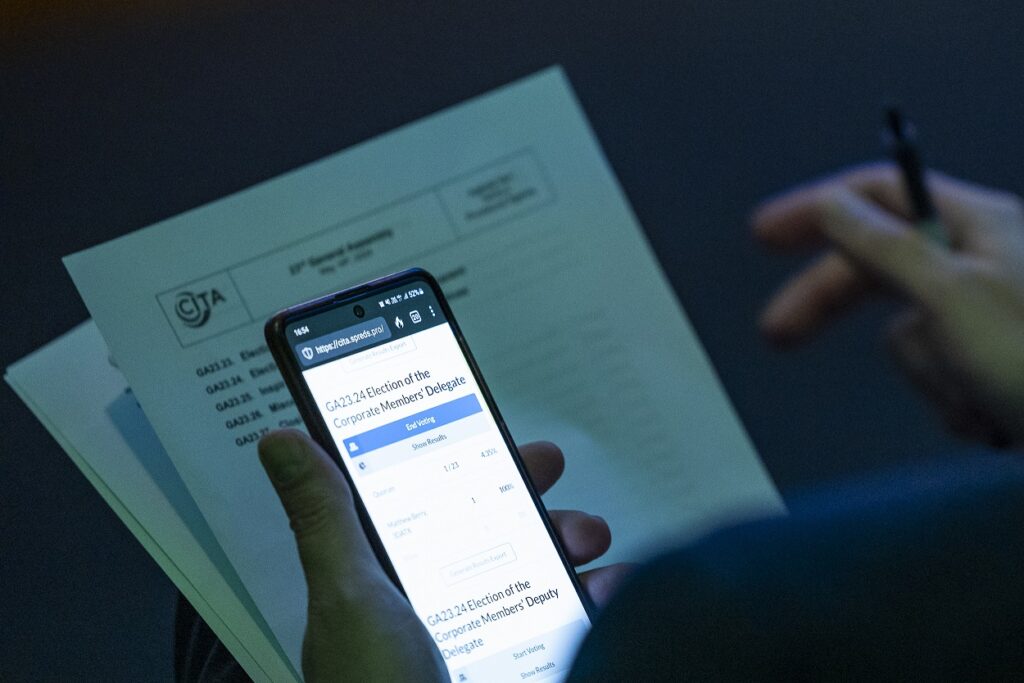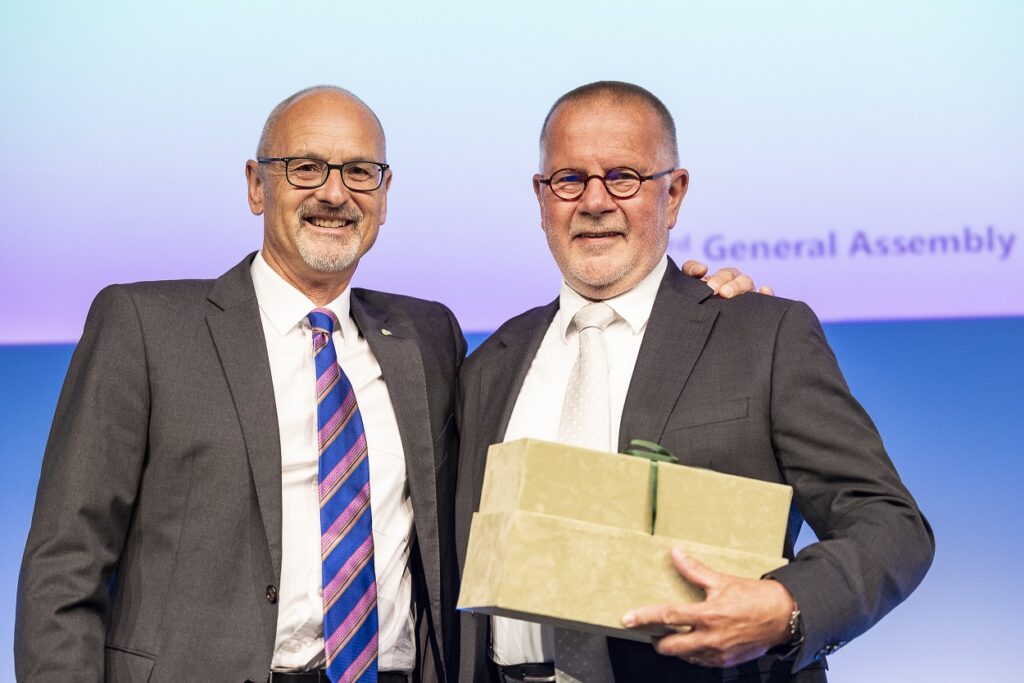CITA International Conference & 24th GA in Istanbul
We are thrilled to announce the upcoming CITA International Conference and 24th General Assembly, set to take place from May 6-8, 2025, in the vibrant city of Istanbul, Turkey. Hosted by TÜVTÜRK, this landmark event will bring together thought leaders, policymakers, industry experts, and stakeholders from around the globe, gathering under the theme: “Forging Global Alliances for Safer Roads and a Greener Future.”
The CITA International Conference has long been a nexus for innovation and collaboration in the vehicle inspection and road safety sectors. This year, attendees will engage with pressing issues shaping the future of transportation, discussing vital topics that underscore CITA’s commitment to advancing safer, more sustainable mobility.
Event Highlights
The conference will explore key topics influencing the trajectory of vehicle inspection, road safety, and environmental sustainability:
- Opportunities and Challenges in LMICs: Unique perspectives and strategies for enhancing vehicle inspection and safety standards in low- and middle-income countries.
- New Technologies & Data Management: The role of cutting-edge technologies and data management in revolutionizing vehicle inspection processes.
- Environmental Protection: Measures and innovations aimed at reducing emissions and supporting cleaner transportation solutions.
- Advanced Inspection Procedures: Enhanced inspection methodologies to increase road safety and ensure compliance.
- Growth and Impact of Electric Powertrains: Analyzing the surge of electric vehicles and their influence on vehicle inspection protocols.
- Decarbonization: Collaborative approaches for reducing carbon emissions in the automotive sector.
- Vehicle Approval: Updates and developments in vehicle approval and compliance.

On the morning of May 6, CITA members will convene for the 24th General Assembly, an exclusive session dedicated to shaping CITA’s future initiatives and strengthening its network.
Registration & Special Offers
Don't miss your chance to participate in this global gathering. Registration is open until April 25, 2025, with an Early Bird discount available until January 17, 2025. Attendees can benefit from special rates at the Renaissance Polat Istanbul Hotel, the official conference venue, providing a convenient and comfortable stay in the heart of Istanbul.
Sponsorship and Exhibition Opportunities
The CITA International Conference is the ideal platform for organizations looking to showcase their brand to an international audience. Our sponsorship and exhibition programs provide unique opportunities for visibility, networking, and advancing the cause of safer, greener transportation. Companies interested in partnering with us are encouraged to explore these programs and join us in making this event a transformative experience.
Join us in Istanbul to contribute to the global dialogue on road safety, sustainability, and technological advancements in vehicle inspection. Together, we can forge alliances that make roads safer and support a cleaner, more sustainable future.



